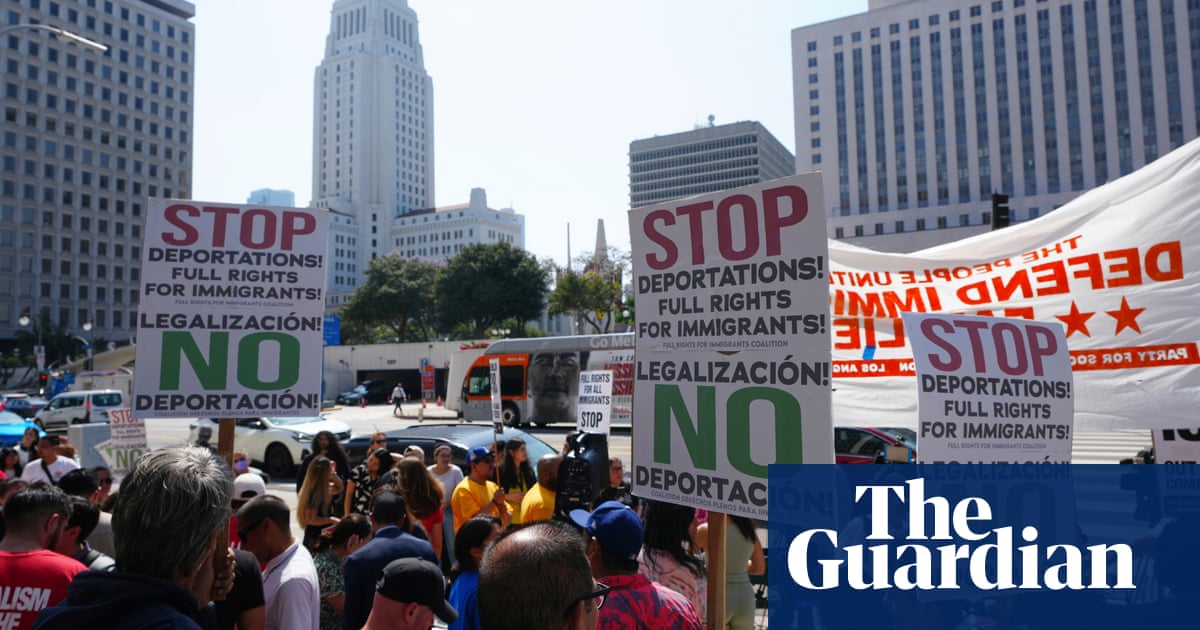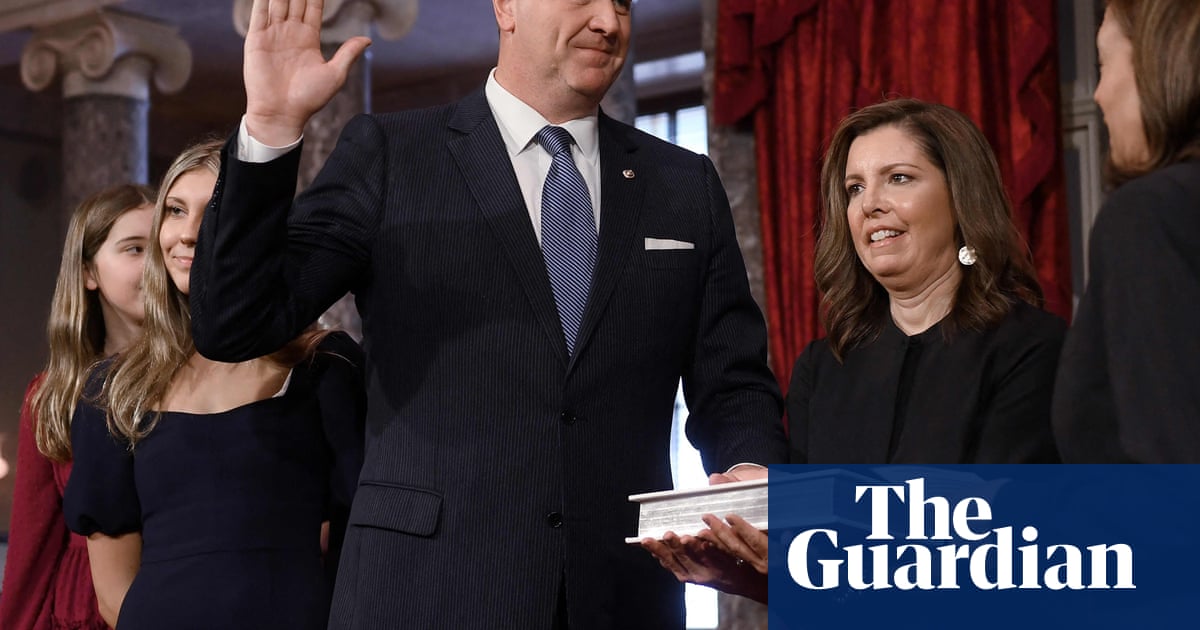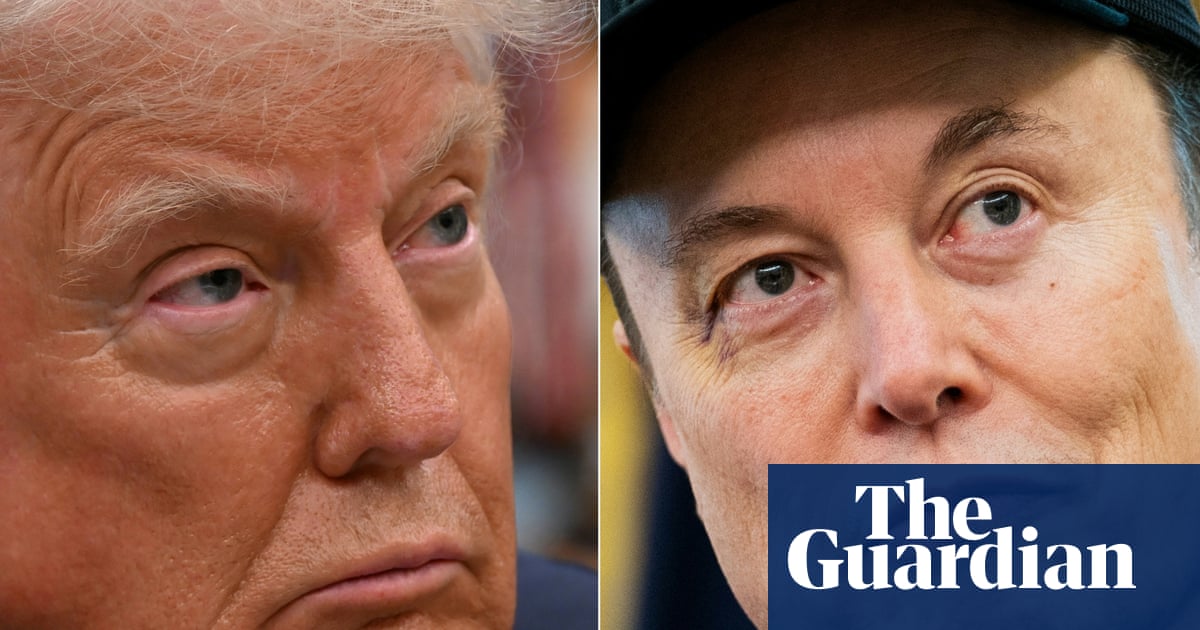President Donald Trump’s latest travel ban announcement has spread fear and uncertainty among those affected and is expected to trigger chaos and disruption to travel and daily life, especially for communities already facing precarious circumstances.
On Wednesday night, Trump declared that, starting Monday, foreign nationals from 12 countries would be restricted from entry to the United States, and he imposed partial restrictions on another seven nations. There would be some exemptions, including lawful permanent residents and athletes participating in the World Cup or Olympics.
The presidential proclamation would fully restrict the entry of individuals from Afghanistan, Myanmar, Chad, Republic of Congo, Equatorial Guinea, Eritrea, Haiti, Iran, Libya, Somalia, Sudan and Yemen. It also partially restricts the entry of travelers from Burundi, Cuba, Laos, Sierra Leone, Togo, Turkmenistan and Venezuela.
Many on the list are Muslim-majority nations, including Iran, Somalia and Yemen. Others have adversarial relations with the U.S., such as Venezuela and Cuba. In Sudan, a civil war has raged since 2023, prompting tens of thousands of civilians to flee.
The Trump administration cited visa overstays as justification in multiple cases. In some instances, the overstay rate was high, but the total number of visas issued was relatively small. It was not immediately clear why some nations were targeted while others with higher overstay rates were left off.
In announcing the move, Trump referred to the attack Sunday that injured 15 demonstrators in Boulder, Colorado, marching for the release of Israeli hostages in Gaza. Federal authorities said the attack was carried out by an immigrant from Egypt who arrived on a visa. Egypt is not on the list of restricted countries.
Trump’s first-term travel ban for predominantly Muslim countries in 2017 sparked widespread confusion and a wave of protests.
Governments of most nations impacted by the new ban did not immediately respond to requests for comment. Human rights organizations decried the move.
For Afghans, the ban’s impact is likely to be most severe for people who fled the Taliban-run regime with the promise of relocation to the U.S.
Aimal, 35, woke to news of the ban in Islamabad, the capital of neighboring Pakistan. He applied for resettlement to the United States after the Taliban took power in Afghanistan in 2021 and moved his family to Pakistan, where he has been waiting for approval from U.S. authorities ever since.
“This just puts Afghans from a bad to a worse situation,” said Aimal, who spoke on the condition that only his first name be used for fear of drawing scrutiny from the Taliban and Pakistani authorities. “I’m not sure where we’ll end up.”
The ban includes an exemption for those on Special Immigrant Visas, granted to Afghans who supported the U.S. war effort, including as interpreters.
Shawn VanDiver, the president of #AfghanEvac - a coalition of 250 organizations that works to support those who worked alongside the U.S. in the country - said the proposed ban would disproportionately affect people seeking lawful entry to the U.S., despite exemptions.
“To include Afghanistan - a nation whose people stood alongside American service members for 20 years - is a moral disgrace. It spits in the face of our allies, our veterans, and every value we claim to uphold,” he said.
The African Union Commission called for the U.S. to control its borders “in a manner that is balanced, evidence-based, and reflective of the long-standing partnership between the United States and Africa.”
A diplomat from Somalia struck a conciliatory note, promising to work with the U.S. to address Trump’s concerns over terrorism and government control of territory.
“Somalia remains a committed partner in the fight against terrorism and has taken significant steps to strengthen its institutions and improve national security,” Dahir Hassan Abdi, the Somali ambassador to the U.S., said in an email.
The ban is the latest blow for diaspora communities from Haiti, Venezuela and Cuba after last week’s Supreme Court decision revoked temporary legal residency granted under President Joe Biden’s “humanitarian parole” program for about 211,000 Haitians, 117,000 Venezuelans, 110,000 Cubans, and others. Separately, the court allowed the Trump administration to revoke temporary protections that permitted a different group of nearly 350,000 Venezuelans to remain in the U.S.
It also comes as Haiti faces one of its worst crises in decades. Gangs have seized control of much of the capital and violence has displaced 10 percent of Haiti’s population.
The Trump administration cited threats to national security as a justification for the ban on Haiti. But analysts said there is little evidence Haitian gangs have much presence in the U.S. or that their members are among the small number of Haitians leaving the country by plane.
“The idea that Haitian gangs could be traveling to the U.S. by legal means is completely out of the realm of the possible,” said Renata Segura, director of the Latin America and Caribbean program at the International Crisis Group.
Venezuela’s interior minister, Diosdado Cabello, issued a warning during a television broadcast after Trump’s announcement: “Really, being in the United States is a great risk for any person, not only for Venezuelans.”
Trump has targeted Venezuelans for deportation, tying Venezuelan migration to the Tren de Aragua gang. In invoking the Alien Enemies Act in March, Trump proclaimed, without evidence, that Tren de Aragua is perpetrating an “invasion” of the U.S. “at the direction” of the government of President Nicolás Maduro. U.S. intelligence contradicted that justification.
In the travel ban, the Trump administration says Venezuela has historically refused to accept deportees. But in recent months, Maduro has accepted deportation flights, even sending Venezuelan planes to pick up deportees.
After taking office, Trump reversed a decision by Biden to remove Cuba from the list of countries that sponsor terrorism.
The new declaration appears to affect a relatively small number of Cubans: Last year, the State Department issued a total of 24,901 immigrant visas to Cubans intending to settle in the United States; and just 12,254 nonimmigrant visas.
Human rights groups condemned Trump’s order. Abby Maxman, the president and CEO of Oxfam America, said the proposed ban marked a “chilling return to fear, discrimination, and division,” in a statement posted online.
- - -
Samantha Schmidt, Ana Herrero, Valentina Muñoz Castillo and Angie Orellana Hernandez contributed to this report.
Related Content
Donald Trump and the art of the Oval Office confrontation
Some advice from LGBTQ elders as WorldPride kicks off amid fears
Black Democrats fume over 2024 while ‘searching for a leader’ in 2028

 German (DE)
German (DE)  English (US)
English (US)  Spanish (ES)
Spanish (ES)  French (FR)
French (FR)  Hindi (IN)
Hindi (IN)  Italian (IT)
Italian (IT)  Russian (RU)
Russian (RU) 























Comments